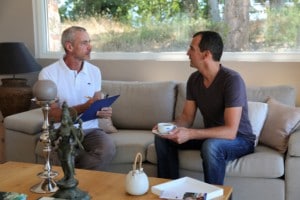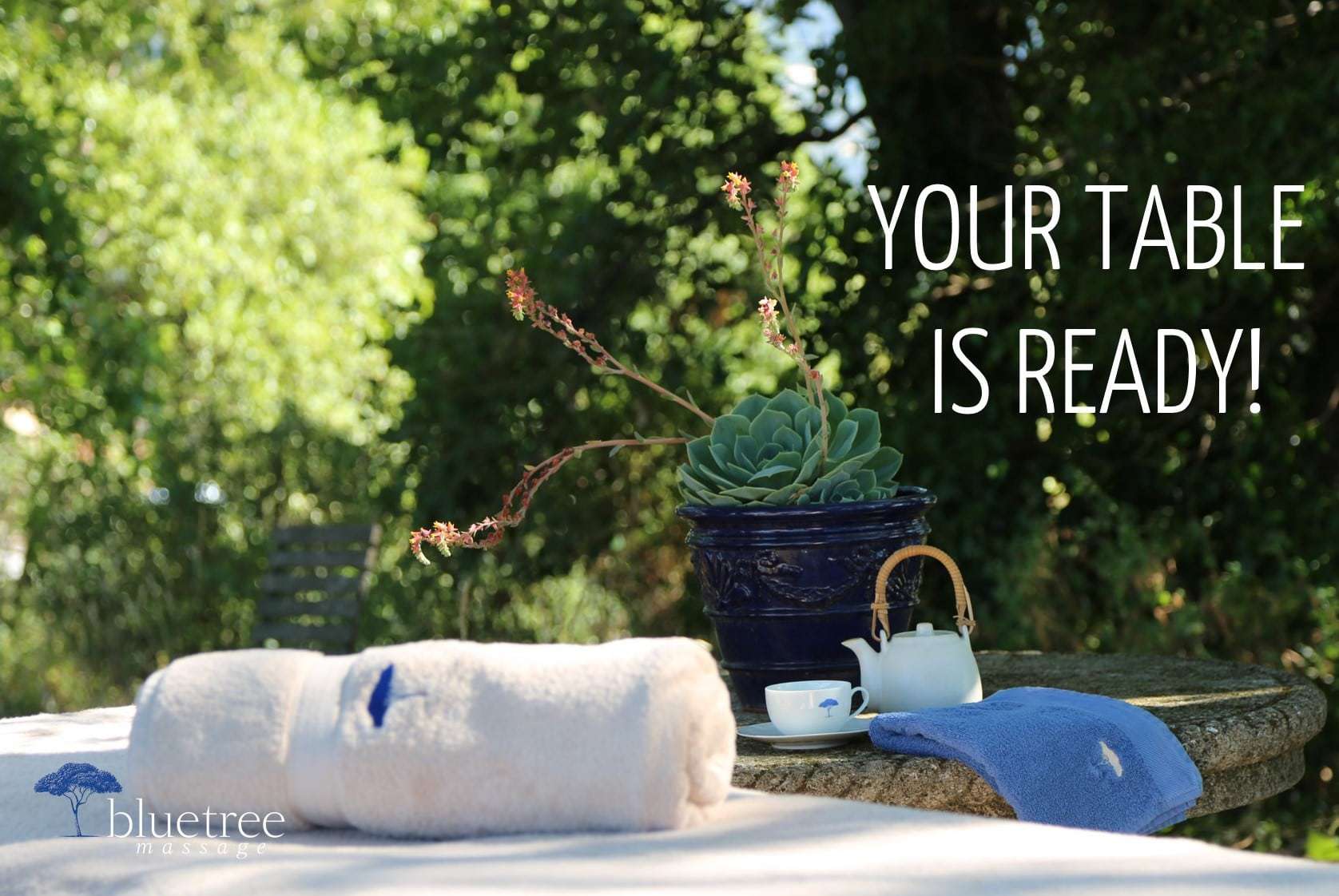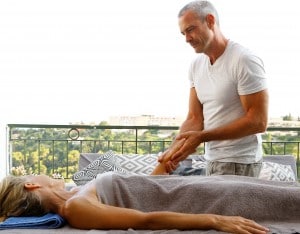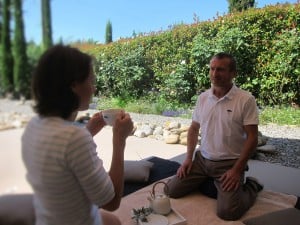The importance of communication during a massage session
Whether it is your first massage or your 100th, one of the most important things you as a client can do to make your session the best and most effective it can be, is to have open communication with your massage therapist.
A good massage therapist can do a lot of things, but reading your mind is not one of them.
Letting the therapist know how you feel, informing her or him on what your needs are and technique preferences can ensure you get the massage your body and mind need to bring balance into your life.
In order to benefit fully from your treatment there should be communication before, during and after your massage.

Communication before the massage.
Before the session begins your massage therapist will do what is called an “intake.” This consists of asking questions about your health and current situation.
For a first-timer, this may take as long as half an hour. For a repeat client it will be shorter. This is the time to let the therapist know if you have any aches or pains, recent surgeries or injuries and if there is stress in your life.
-You should express any concerns or preferences. Tell them how you like your pressure, if there is anything that needs to be avoided or if you would like them to focus on a particular area or issue.
-If you’re not familiar with massage have them explain some of the benefits and tell them specifically what you expect.
For example, “I have really bad headaches, I’m looking for some relief.” Or “I really just want to relax and unwind.”
-Make it clear if you need to have anything adjusted before the massage begins such as the temperature, the music or the head cradle.
It’s your massage and the treatment should be personalized for you.
Communication during the Massage.
In addition to communicating during the intake, it is also important to communicate with your massage therapist during the session.
-If the therapist asks you, «How are you feeling?” Be as specific as possible with your answers so the therapist can address changes immediately.
-Let the therapist know if you are cold, are uncomfortable, if you don’t like the music or it’s too loud. What seems as minor discomfort can become a major frustrating during the session and have a negative influence on your state of wellbeing.
-Let the therapist know if the pressure is too strong or too weak. Pressure can easily be adjusted and you should never suffer in pain throughout the massage.
-If you would like to have the therapist work longer or shorter on a specific area let him or her know. For instance if you would like to have your feet massaged a little longer, or a certain muscle needs some extra work. A massage can be adjusted at any time.
Communication after the massage.
When the therapist asks you ‘how do you feel or if you are satisfied with the treatment’? be as precise as possible in communicating exactly what you experienced.
The therapist will write it down so if you book again this information is very valuable in order to immediately pick up from where you left it.
-Ask any questions if you have them. For instant,’ is it normal I feel like this’, ‘why is this muscle score’ or ‘is it ok I fell asleep’? Any question deserves a clear answer.
-Reschedule another appointment. Some therapists get very booked during certain periods and you may have to wait several weeks for an appointment if you don’t re-book immediately.
In order to receive the most benefit from massage, you need to feel comfortable and relaxed.
A big part of this is developing a sense of trust and understanding between you and your therapist.
In such a personal relationship as massage, we can see how interpersonal communication can make or break this experience.
A two-way conversation between client and therapist is the best way to get the ultimate massage experience.




